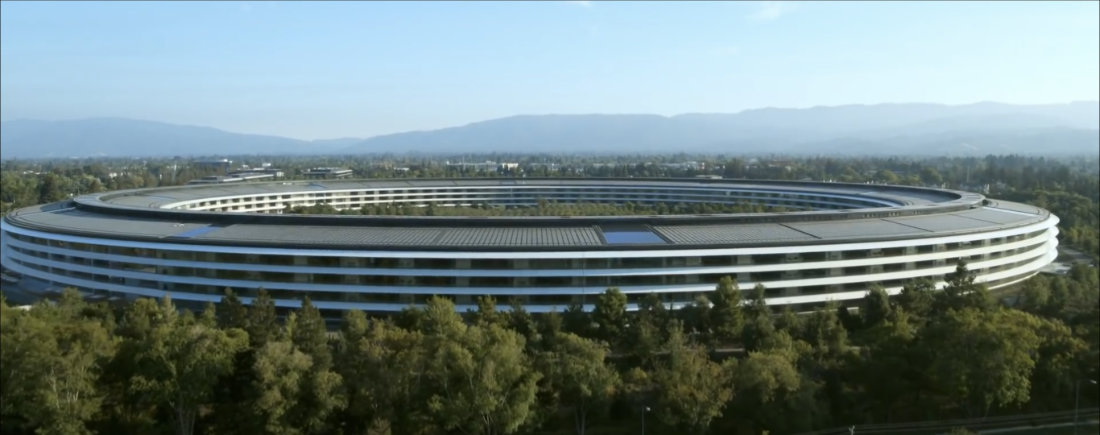The EU continues its efforts to tear down walled gardens, including Apple’s, with its latest effort to force the company to open up AirDrop.
The EU’s Digital Markets Act (DMA) and Digital Services Act (DSA) came into force at the end of 2022 and target big tech. The DMA, in particular, contains a number of provisions intended to level the playing field, particularly with regard to platforms designated as “gatekeepers”, such as app stores and other services offered by companies that have a large user base and unilateral control of their users. ecosystems.
In its latest offer, the EU wants Apple to open up AirDrop and allow access to Android and other platforms. The bloc sets out its objectives in a new document.
Apple will ensure effective interoperability with the AirDrop functionality. The AirDrop feature consists of the ability for end users to exchange files between iOS devices and physical Apple connected devices using AirDrop. AirDrop allows end users to transfer files (or more commonly “items”), such as photos, URLs, or documents, between nearby AirDrop-enabled Apple devices, e.g. between iPhones, iPads, computers Macs, Apple Vision Pro and Apple Watches.
Apple will implement an interoperability solution that allows third parties to access the same AirDrop functionality described in the preceding paragraph that is available to Apple, in a manner that is as effective as the solution available to Apple.
Apple will ensure interoperability with all AirDrop features available to Apple’s physical connected devices, including but not limited to Apple Vision Pro, Apple Watch, and any future physical Apple connected devices.
Apple will provide a protocol specification that provides third parties with all the information necessary to integrate, access and control the AirDrop protocol within an application or service (including as part of the operating system) running on a device physical connected third party to enable these applications and services to send and receive files to an iOS device.
Argument for Opening AirDrop
AirDrop is one of the flagship features of iOS and macOS devices, using an encrypted peer-to-peer WiFi connection to easily transfer files between devices. Opening AirDrop to enable seamless transfer of files between Apple and Android devices would certainly be a major benefit for users, addressing one of the challenges of cross-platform communication: file sharing.
Although Google has created its own AirDrop competitor, making AirDrop work with Android, Windows, and any other operating system will make it infinitely easier to quickly share files without relying on email, messaging, or a third-party file sharing service.
Argument against opening AirDrop
Apple will likely oppose this change, seeing it as yet another attempt by the EU to open its walled garden, and the concerns Apple will likely raise are well-founded.
Apple has made its fortune by providing a curated experience for its users, ensuring that everything works as expected. A big reason why everything works so well is that Apple is able to control both hardware and software, giving it a level of integration that few can match. Forcing the company to make AirDrop compatible with an infinite number of devices and configurations will likely degrade the overall experience.
The biggest problem with the EU position
Apple has already violated the DMA with respect to the iOS App Store and will likely be the first Big Tech company to be fined under the new legislation. The EU has accused Apple of having serious compliance problems with the DAM.
“We have a number of problems with Apple; I find them very serious. I was very surprised that we had such suspicions about Apple’s non-compliance,” EU competition chief Margrethe Vestager said in mid-2024.
″[Apple] are very important because a lot of good deals are done through the App Store, through payment mechanisms, so of course, although you know I can say that this is not what we expected from such company, of course, we will apply exactly the same priorities as for any other company,” added Vestager.
At the same time, Apple has already said it will not deploy its Apple Intelligence within the EU, saying it would not be able to deploy the features within the bloc due to the DMA.
Due to regulatory uncertainties caused by the Digital Markets Act, we do not expect to be able to deploy three of these projects. [new] features – iPhone Mirroring, SharePlay screen sharing improvements and Apple Intelligence – to our EU users this year.
Meta followed Apple’s lead, saying it would not bring its multi-model AI models to the EU for the same reasons.
We will be releasing a multimodal Llama model in the coming months, but not in the EU due to the unpredictable nature of the European regulatory environment.
While the intent of the DMA is admirable, European regulators must be careful not to destroy companies’ ability to compete by offering unique services and features that differentiate them from their competitors. If European regulators cross that line, they could find that companies increasingly follow the lead of Apple and Meta, leading the bloc to fall behind in the technology race.










